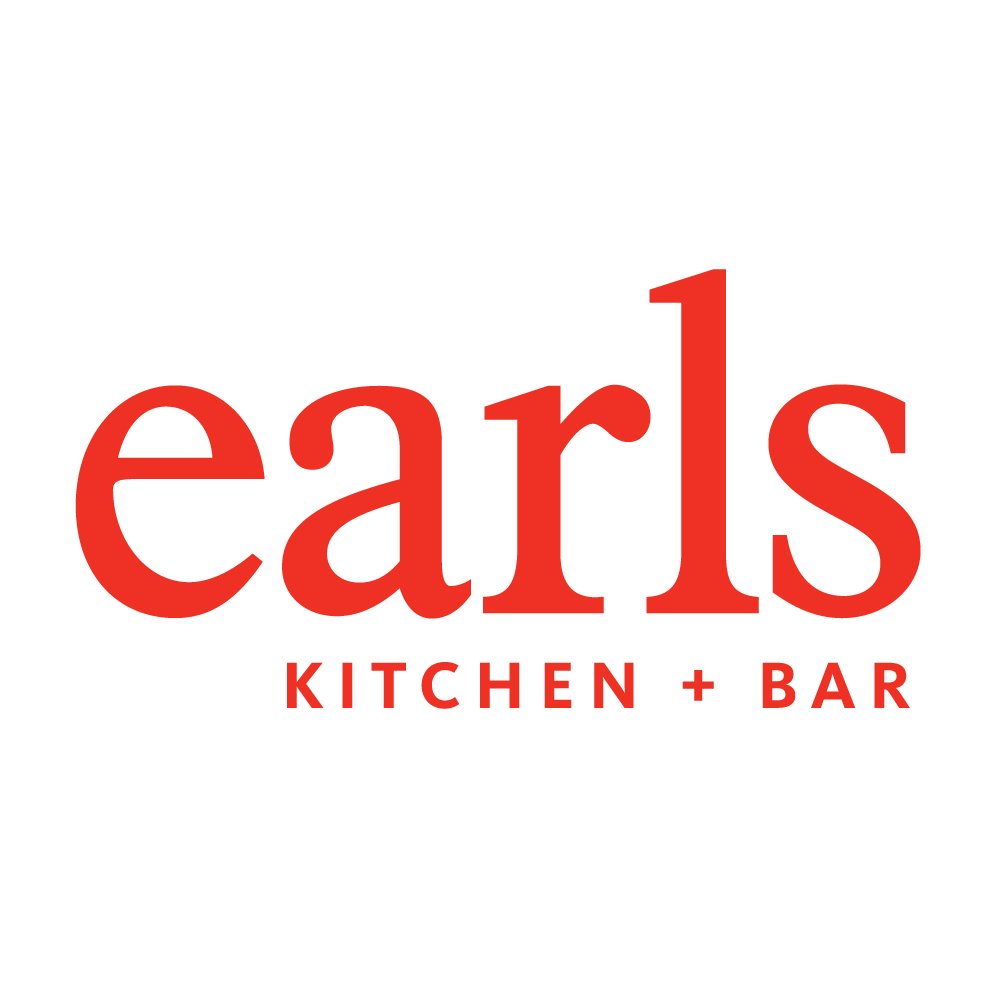Restaurant chain says it’s sourcing beef from the U.S.
By Diego Flammini
Assistant Editor, North American Content
Farms.com
Beef producers in Canada are standing up for themselves after Earls chain of restaurants it will be sourcing its beef from Kansas as a way of serving what it calls 100 per cent certified humane beef.
“That implies to producers that we don’t raise our cattle in a humane fashion,” Bob Lowe, chairman of Alberta Beef Producers, who along with his brother operate Bear Trap Feeders near Nanton, Alberta, told the Calgary Sun. “If we weren’t looking after our cattle we wouldn’t be in business anymore.

“What Earls did is a slap in the face.”
On its website, the company says it was “unable to source a federally inspected, Certified Humane producer that could consistently meet our large supply needs.”
People within the Canadian industry however, appear to find that hard to believe.
“I would suggest that Canadian cattle producers are second to none in ensuring the welfare of their animals,” said Rob McNabb, general manager of The Canadian Cattlemen’s Association in an interview with CBC Calgary.
Reports indicate Earls will now source its beef from Creekstone Farms in Arkansas City, Kansas. The farm offers USDA certified beef including certified humane.
Social media backlash
After the Canadian restaurant chain made its announcement, it began facing criticism and backlash from people in and outside of the agriculture community.
Brian Jean, leader of Alberta’s Wildrose Party tweeted “Disappointed to see @earlsrestaurant move away from Alberta Beef. Alberta farmers work hard to produce the best beef in the World. #ableg.”
Mark Thoner, a farmer from Saskatchewan, tweeted “Earls made up some bogus marketing to buy cheap beef from US.”
According to keyhole.co, which tracks social media hashtag performances, the hashtag #boycottearls has reached more than 880,000 users.